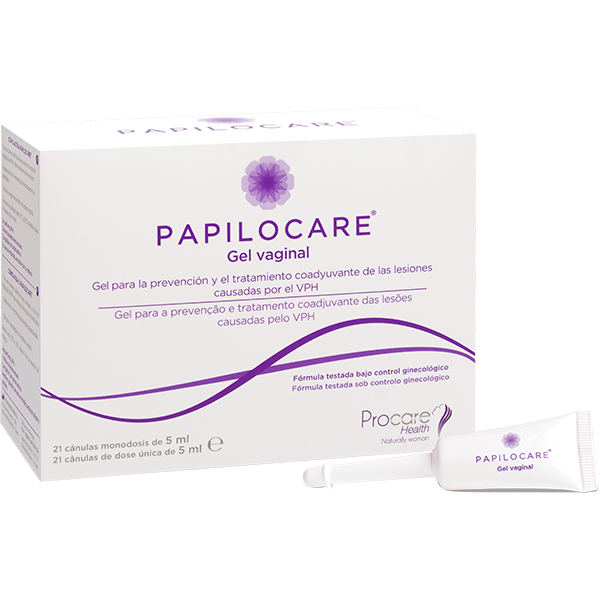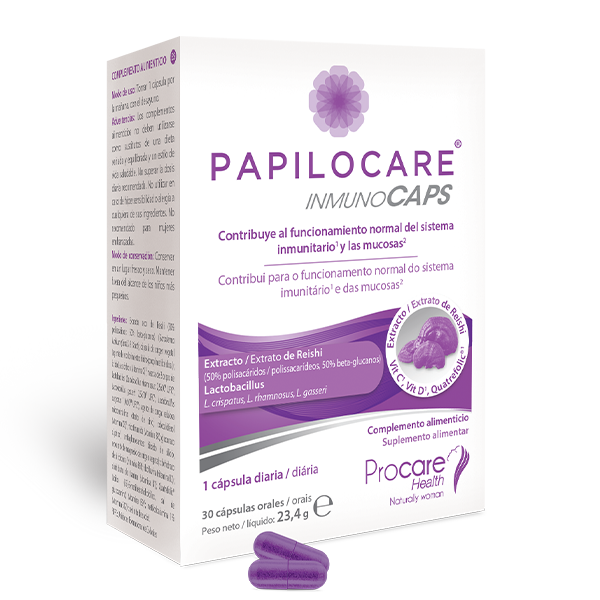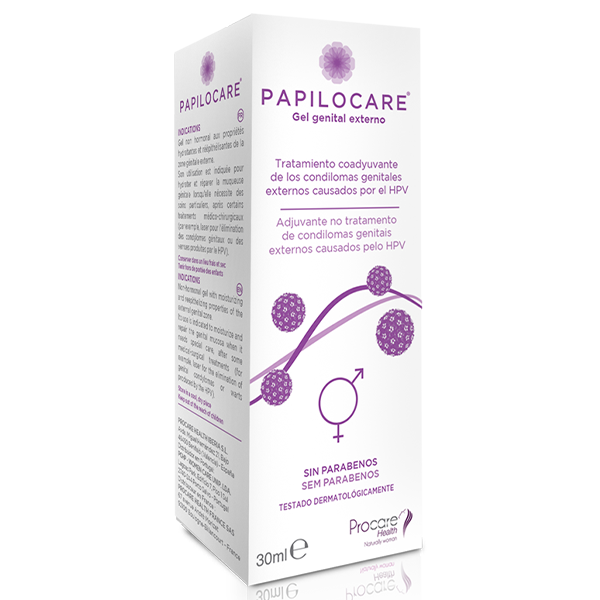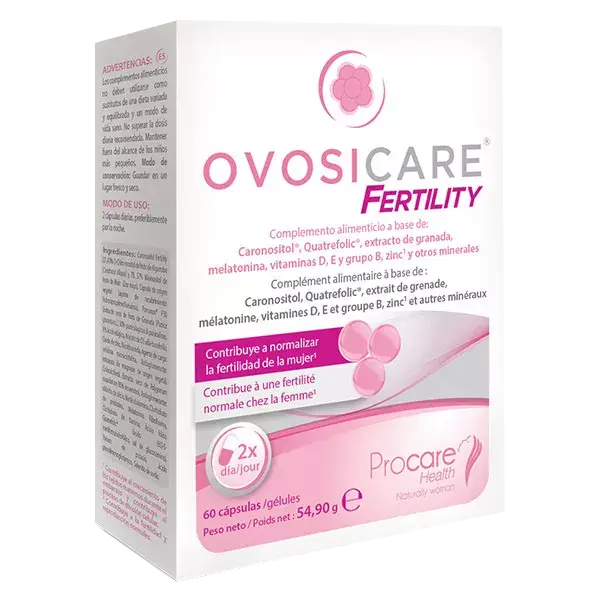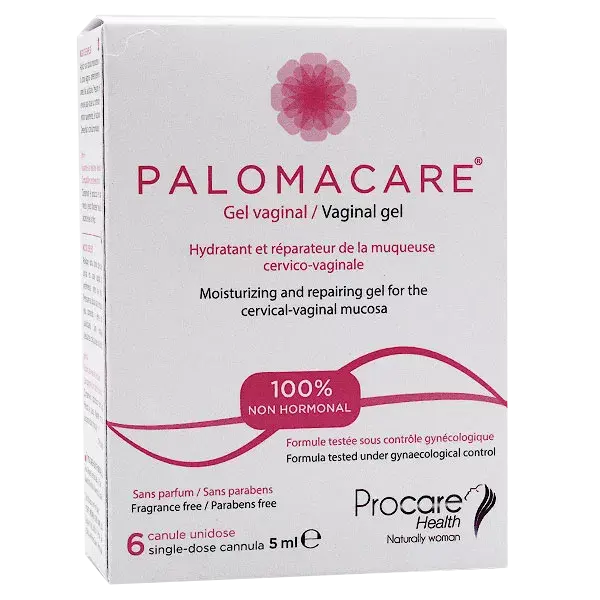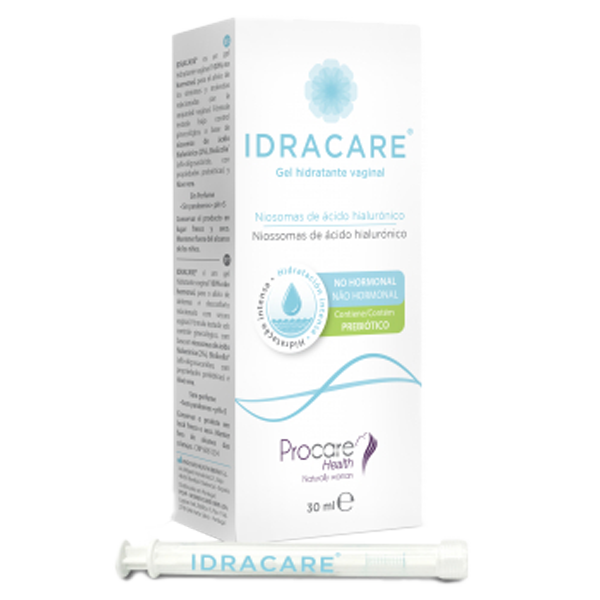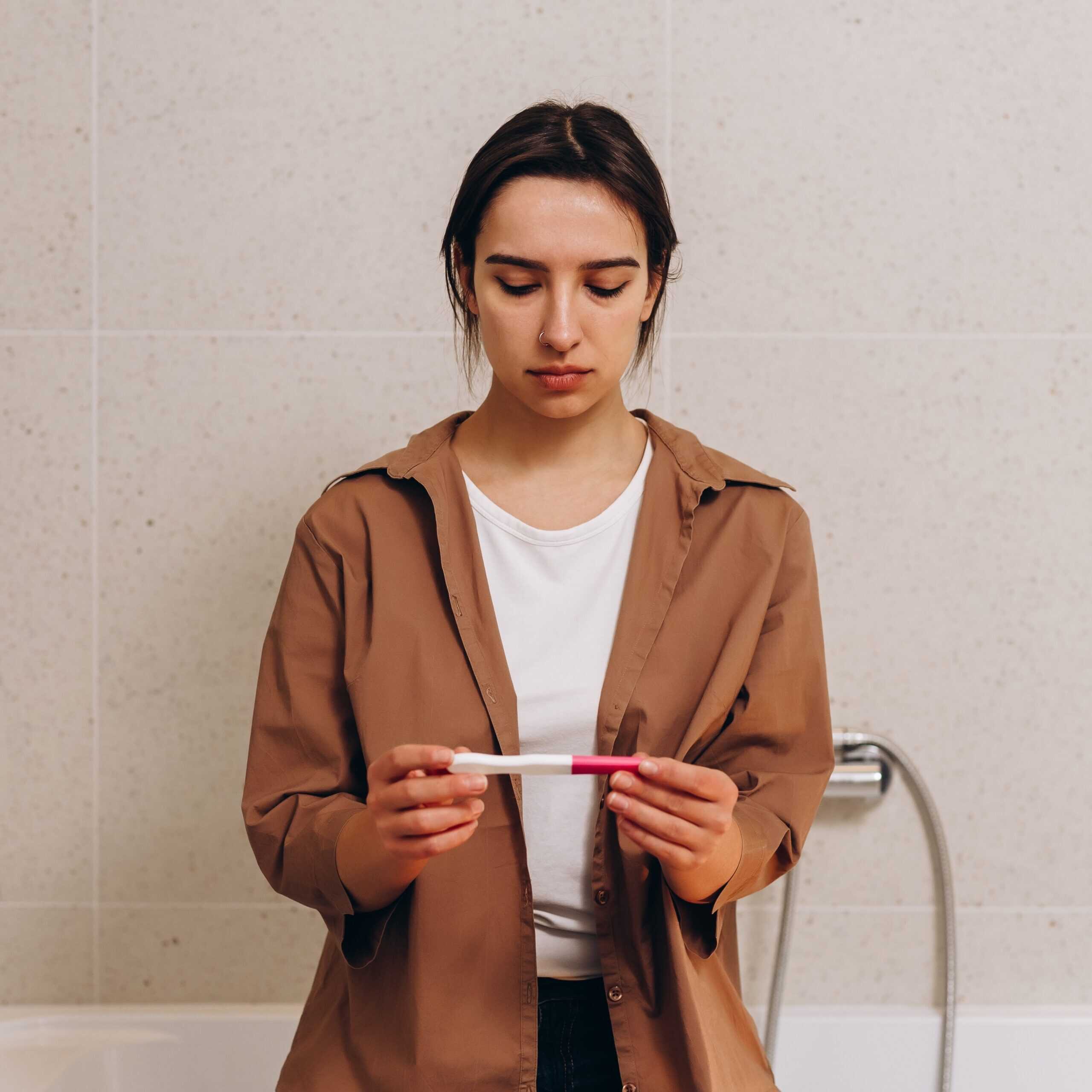The role of inositol in fertility and egg quality: the latest science

We’ve known for some time that inositol is important to support fertility, especially for women with polycystic ovary syndrome (PCOS). But now, thanks to a breakthrough in research, we know exactly how to use inositol to improve egg quality.
What is inositol?
You’ll usually hear it referred to in the plural, inositols, a group of sugars that are made in our bodies, found naturally in some foods and available as supplements. There are 9 forms of inositol, but the two that matter to fertility are Myo inositol and D-chiro inositol.
They regulate insulin and hormones, helping women with PCOS overcome the barriers to getting pregnant in these key ways:
- improve egg quality
- help balance hormones
- improve how regularly women ovulate
- reduce the risk of miscarriage.
How does inositol improve egg quality?
It is thought that inositols can improve egg quality by boosting the development and the quality of the follicles in which eggs mature.
Which type of inositol should I take for better egg quality?
We’ve known about the key role of myo inositol for women with PCOS since the early 2000s, when research found it to be a valuable alternative to metformin, with better tolerability.
D-chiro inositol is less well-known, but it is equally important to take for egg quality.
These inositols used to be given as a ratio of 40:1, with the far higher dose of Myo inositol compared to D-chiro inositol. But scientists have now made a breakthrough discovery. Recent studies have shown that giving these inositols together at a different proportion is far more successful at supporting fertility.
What does the evidence say is the right dose?
Scientists used to recommend the 40:1 ratio of Myo inositol to D-chiro inositol . But the latest research has shown that much better results are achieved by using the ratio 3.6:1. In a clinical study of women with PCOS, this dosage was shown that 3.6:1 ratio significantly increase the pregnancy rates and number of living births.
There is now growing evidence that when taken together in the right ratio, Myo inositol and D-chiro-inositol can improve egg quality for women who:
- are receiving IVF
- have PCOS
- are 40 or older.
So now we know both of these inositols have a key role in fertility. Myo inositol improves the metabolism and the development of follicles. D-chiro inositol supports the body to make glycogen from glucose, which is also important for your metabolism to work properly.
Together they help restore the insulin and hormonal balance which is disrupted by PCOS and support the ovaries to function healthily.
Is there a fertility supplement with the right ratio of inositols?
Yes – introducing Ovosicare® Fertility, the only supplement to use this scientifically-proven 3.6:1 formula of Myo inositol to D-chiro inositol. Since its launch in 2020, 170,000 women internationally have chosen Ovosicare® Fertility to boost their chances of pregnancy. Ovosicare® is made in Spain and is among the most widely-used fertility food supplements in France and Spain.
Ovosicare® is now available in the UK through the official retailer LivBio Ovosicare® Fertility supplement.
To see full benefits, it’s recommended to use Ovosicare® Fertility for around three to six months.
Learn more at www.LivBio.co.uk/ovosicare
Recent Posts
What is the best supplement to take for HPV?
High-risk CIN 1 and treatment options
The role of inositol in fertility and egg quality: the latest science
Categories
Disclaimer: Information on this website is provided for informational purposes only and not intended as a substitute for the advice provided by your physician or other healthcare professional. You should not use the information on this website for diagnosing or treating a health problem or disease, or prescribing any medication or other treatment. For medical advice, diagnosis and prescription, please consult a healthcare professional. More Information >
Disclaimer: Information on this website is provided for informational purposes only and not intended as a substitute for the advice provided by your physician or other healthcare professional. You should not use the information on this website for diagnosing or treating a health problem or disease, or prescribing any medication or other treatment. For medical advice, diagnosis and prescription, please consult a healthcare professional.
© LivBio Limited 2024 All Rights Reserved.
